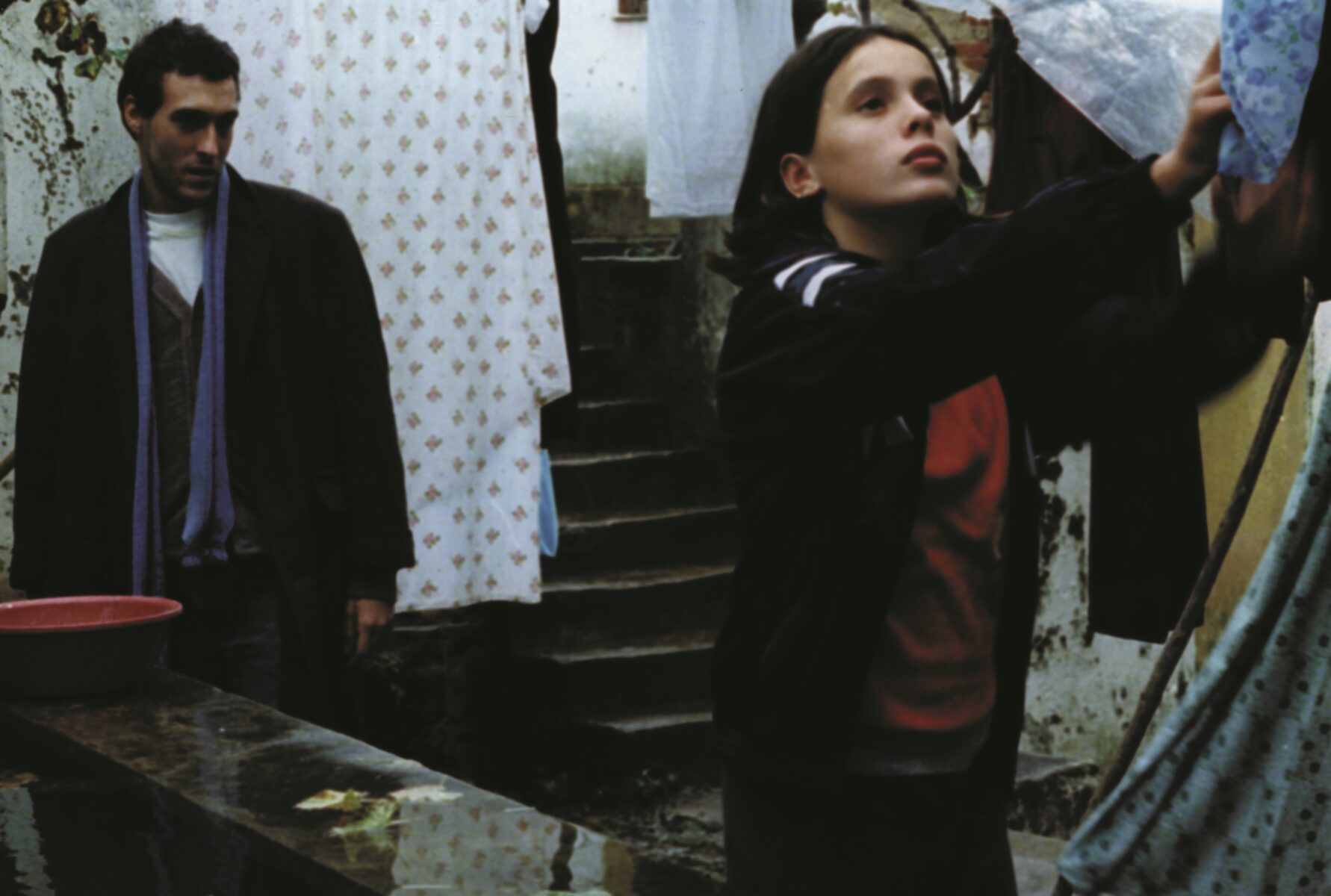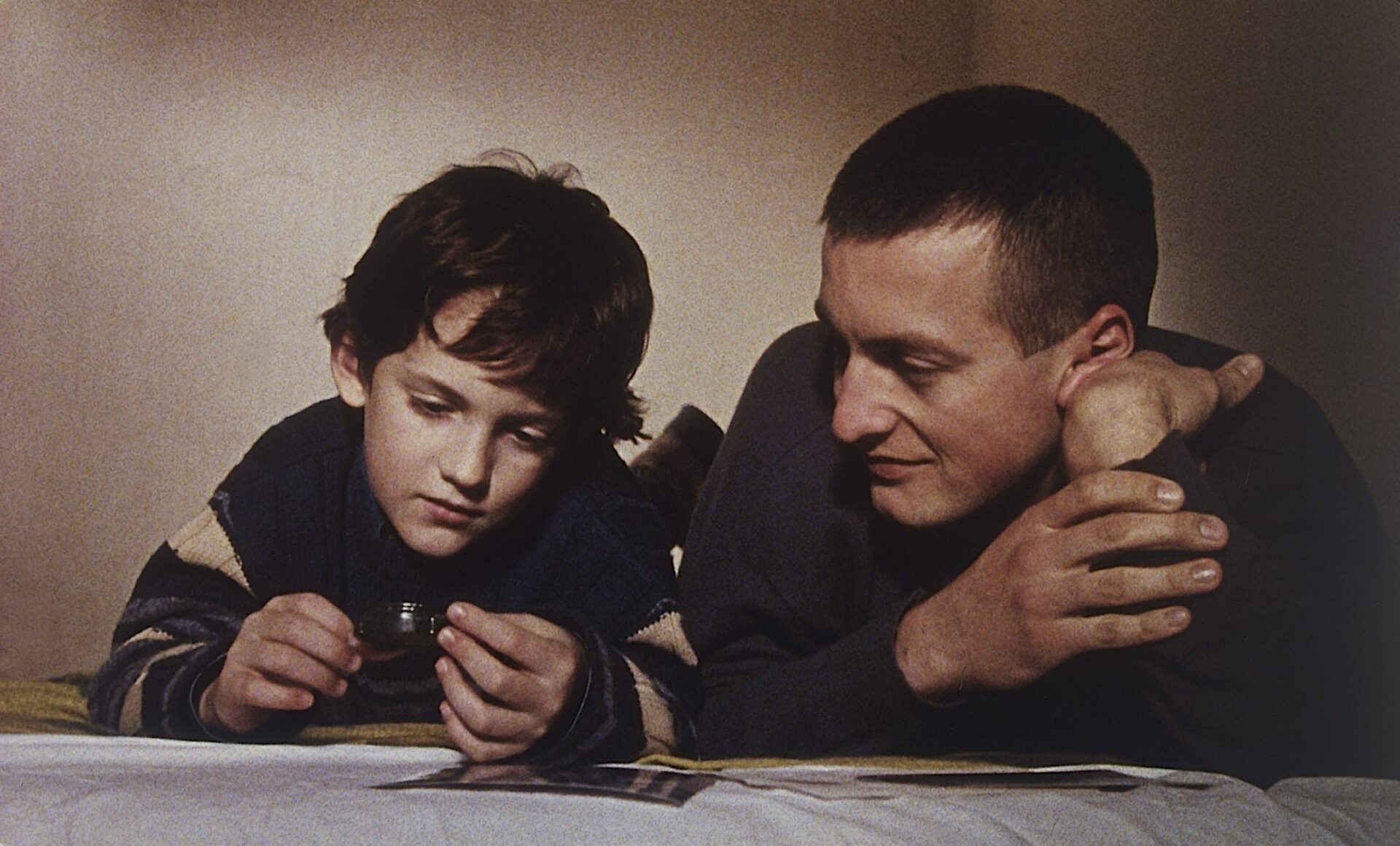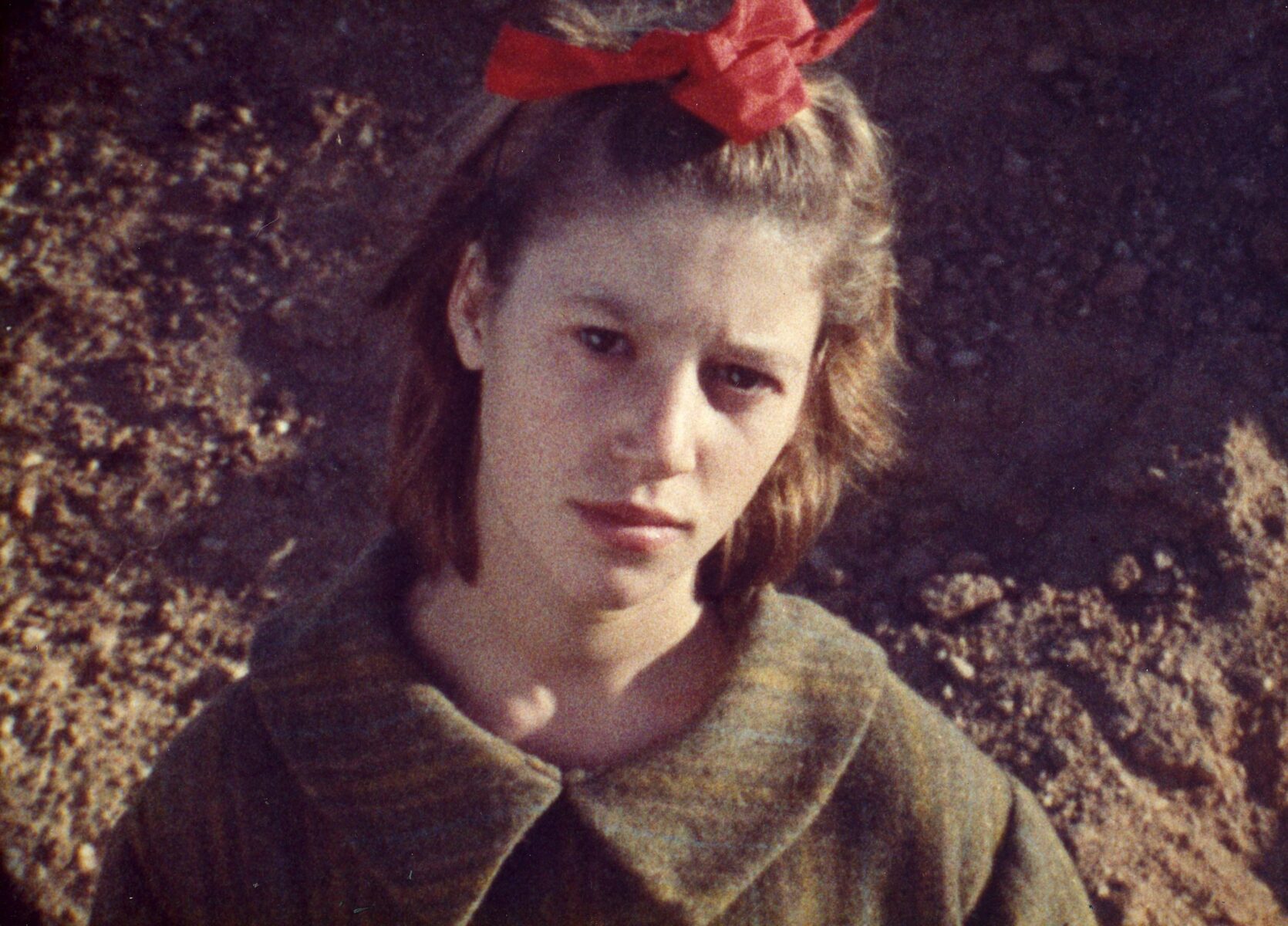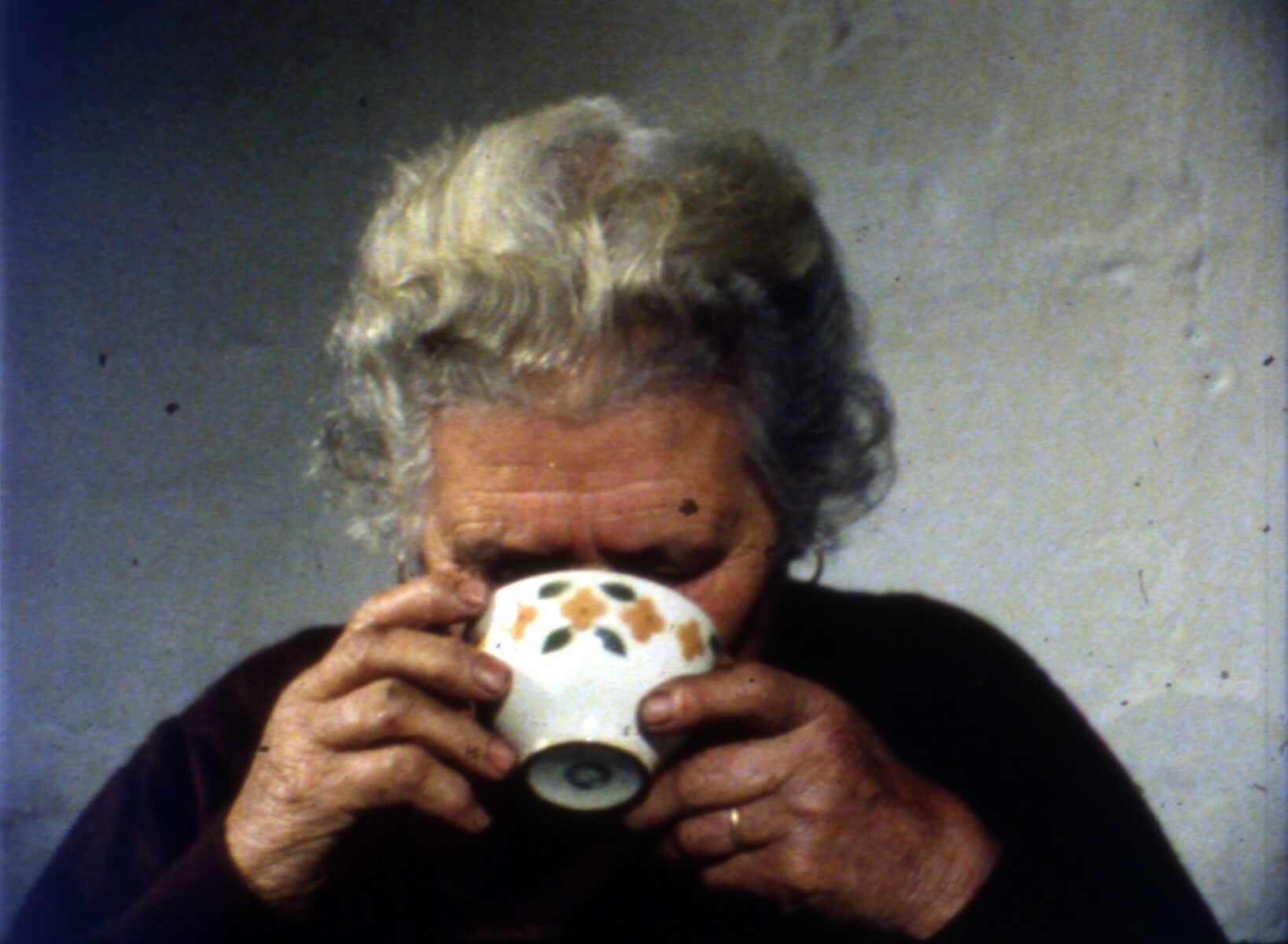"If one had to identify a character trait of Portuguese cinema, one would unhesitatingly opt for singularity, a postulate that applies just as much to the tutelary figure of Manoel de Oliveira, who died at the age of 106 after leaving a gigantic and protean body of work, as it does to the willingly iconoclastic figure of João César Monteiro or to the anthropological vein of a Pedro Costa. [...]The Portuguese market is too small to judge the interest of a film by its number of viewers. Hence the freedom that exists there." Focus Vif, 04.2017.
Manoel de Oliveira was awarded twice with the Age d'Or Prize for O sapato de cetim in 1985 and Os Canibais in 1988. Female filmmakers generally remain unmentioned in international writing about Portuguese cinema.
Call for participation
Do you already have the habit or desire to write about films for yourself, blogs or websites, do you have a Letterboxd or Rottentomatoes-account or do you want to share your observations and experiences in our Facebook event? Then we would like to offer you 1 or more free tickets!
How to reach out to us by e-mail: communication@cinematek.be
- Choose at least 3 films from the cycle Portugal Século XX: Visões Femininas.
- Send a short motivation of max. 500 words in which you present your selection and why these films appeal to you.
- You will receive free tickets for the films by e-mail. If you’ve already bought your tickets, you’re of course welcome to participate. Tickets won’t be refunded, but we will take your participation into account for future projects.
- Write a short feedback about each film or make a short vlog, your text or vlog might appear in our dossier!
Women, kids, mutants and vampires
After the animated Vampire story Kali, the Little Vampire by Regina Pessoa, Rita Azevedo Gomes explores the romantic fatalism of untainted love between young lovers away from society. This Shakesperean theme is pushed here to its a-social state-of-nature like dimension, but what matters really is the command over style and poetic mood, despite some ponderous moments.
The vulnerability of women, children, and teenagers is a recurrent theme in a large number of these Portuguese films.
“Mutants” refers in Teresa Villaverde’s film as much to society’s rejection or negligence towards women and children, as to the kids' own perception of themselves as displaced outsiders. Andrea calls her fetus “a Martian” when she first sees it on a sonogram.
“At first, Villaverde pictured the film as a documentary, but as it was denied by government authorities, she instead relinquished a more dramatic look at the subject matter, dealing with other deep-rooted issues such as post-colonial racism, teenage pregnancy, crime, sexual exploitation, and abominable violence. The strength of this feature is Villaverde’s visual talent, including her astonishing compositions and remarkable characters, who are capable of defining an entirely new complex style filled with cinematic lyricism and gloomy colors.” Taste of Cinema
In Glória, Manuela Viegas casts a haunted look at childhood, a world between the world of adults and the world of children, between mountains and ruins, with a remarkable sound design that is essential to the construction of the film. Glória is a nuanced exploration of first love's dangerous exhilaration, awakened in the eponymous thirteen-year-old by the release from prison and homecoming of the stationmaster's older and enigmatic son. This is very close to theo Angelopoulos' Landscape in the Mist: traumatic coming of age, absence of a nourishing milieu, soul-searching, depiction of rural decline, bracketing of expected sunny landscape (like Greece's) in Portugal and preference for bleak and rainy atmosphere. Although some of the imagery is really evocative and nicely captured, with additional echoes to The Night of the Hunter and Victor Erice's El espiritu de la colmena.

A Russian immigrant seeks as an "adoptive father" connection with a child in André Valente. Cineuropa asked Catarina Ruivo how André Valente relates to a certain Portuguese cinema:
Cineuropa: “What place do you occupy in today’s Portuguese cinema? Do you think that André Valente follows the tradition of a certain Portuguese cinema that derives its reputation from nostalgia and sadness?”
Catarina Ruivo: “Even though it’s a melancholic film, with its central theme of loss, I don’t think it’s sad. The characters learn how to convert fear into courage and fragility into strength.”


North Portugal: Film as a witness
The industrial revolution and the recent financial crises have had a serious impact on life in rural Portugal. Filmmakers play an important role in documenting this evolution and situation. Their penetrating portraits of rural Portugal in the post-revolutionary period show the changes which were consolidated in this period: modernisation, industrialisation and the transformation of the role of women. One senses in the film the resistance against reducing rural life to "picturesque folklore", be it political or touristy.
After the Portuguese revolution of 1974, some Portuguese filmmakers went to the countryside, including Trás-os-Montes, to be inspired by past and present, by the landscape and people of this northern Portuguese province. António Reis and Margarida Martins Cordeiro spent almost two years there to make their film, which is without doubt the most ambitious of all the films about the province. Most of the main characters are children and women, as male workers are the province's main export. Absence (from family members, from jobs, from modern technology, etc.) is, therefore, a recurring theme.

The film O movimento das coisas was created in 1985 within such a solidarity initiative the Cooperativa VirVer, on which Manuela Serra worked for several years, and would only be completed some time later. Everything that would have been the raison d'être for almost any other film on the subject, however, seems here to have been stripped out, if not removed.
We hope to be able to add to your testimonies about the films in the course of the screenings here.
In collaboration with Cinemateca Portuguesa
